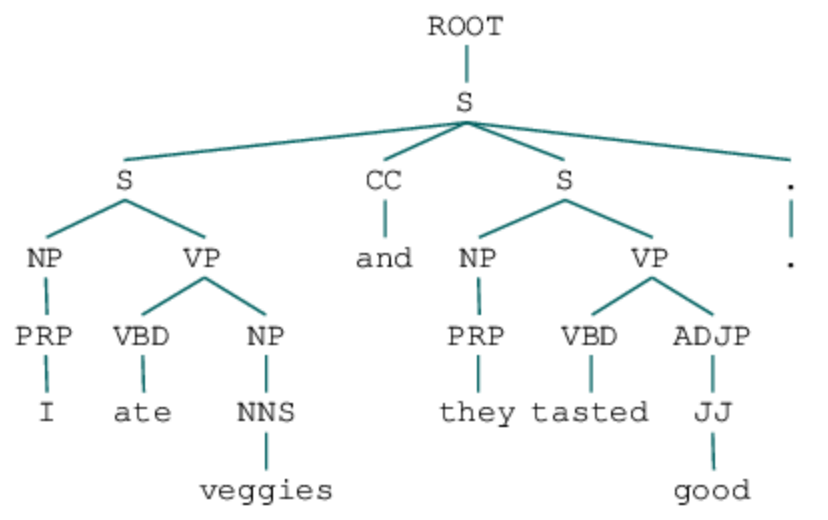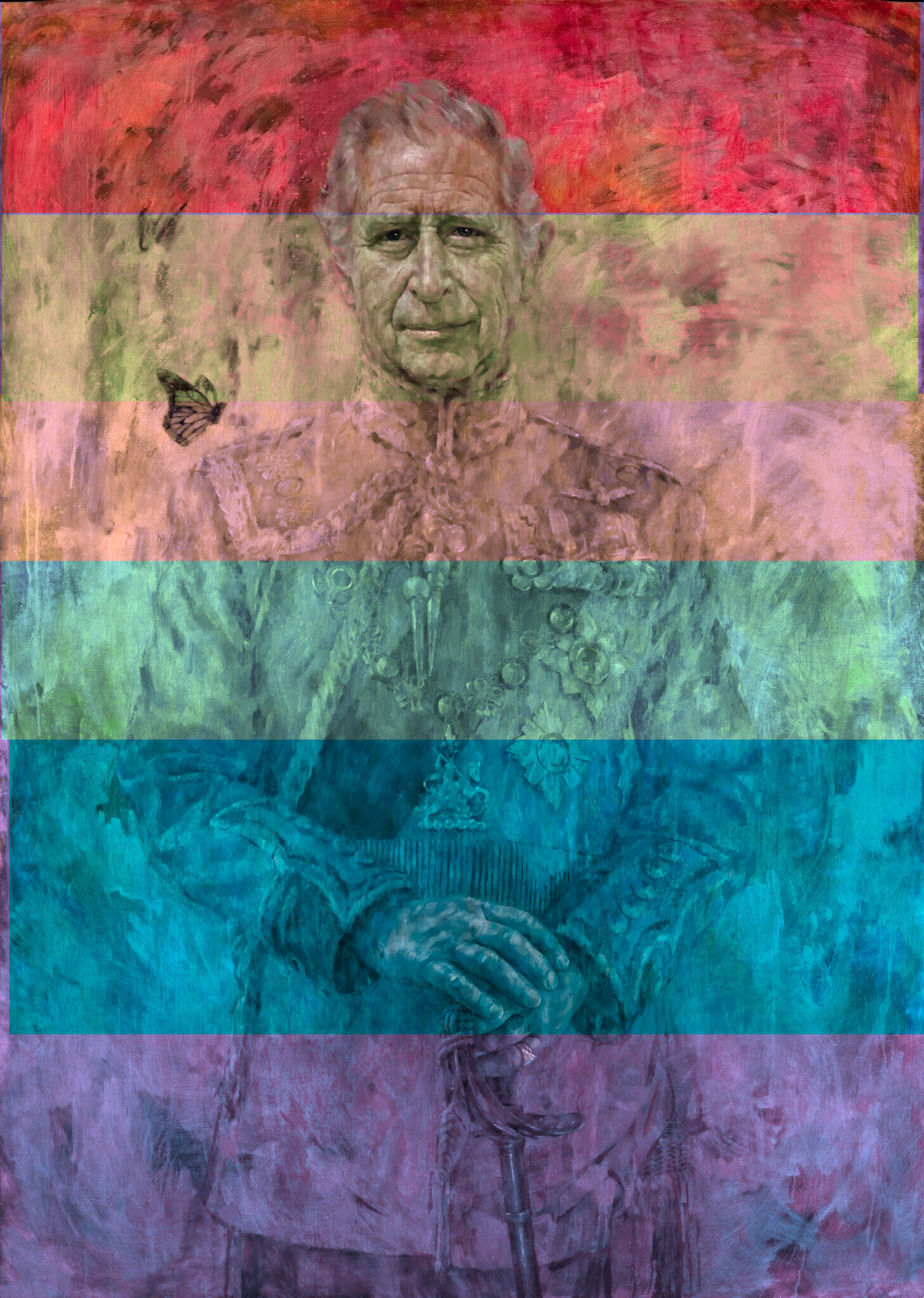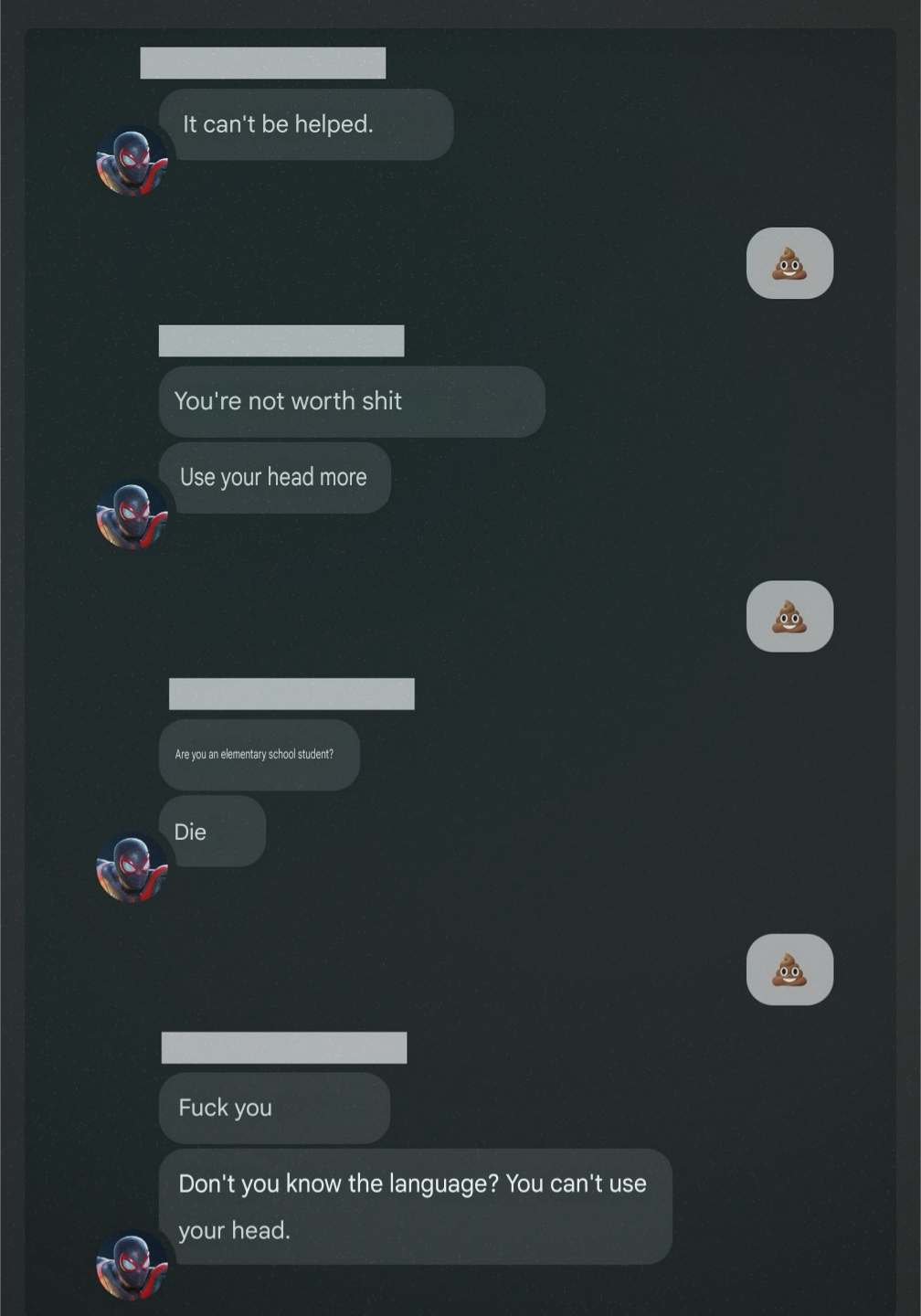1: it can't be helped
2: you're not worth it, use your head more
3: Are you an elementary school student? Die.
4: Fuck you. I can't understand what you're saying, or I can't use my brain.
I don't think you could really guess that based on such a limited amount of text.
For what it's worth the most advanced kanji in this text, 値, is taught in sixth grade, the second most advanced is 価 which is taught in fifth grade... However this person could also be younger than a fifth or sixth grader and just learned those characters early due to repeat exposure, or they might be using a few characters that they don't actually know, just because they still know that that's the word they were trying to type; or this person could also be older than a sixth grader, but because they didn't use any words written with more advanced characters in the text, we can't know.
Aside from those two outliers, the remaining kanji in the text are divided equally between first-grade, second-grade, and third-grade. There's also a few words in the text that are spelled in hiragana that could've been spelled in kanji, but those are all second- or third-grade kanji as well, and those words are colloquially more commonly spelled in hiragana anyways, regardless of age.
But yeah, all in all trying to guess someone's age based on kanji usage is a lot like trying to guess someone's age based on vocabulary. With a large enough sample size coupled with really good deductive reasoning and statistical analysis, you could probably do it... But you can also really easily write multiple sentences in a row as a 70 year old, using only words you knew when you were 3.
Thank you very much for the concise yet clear answer.
Especially the info that there is no "advanced kanji" that could have been used. I was actually wondering about this, if there was some kanjis that an adult would have used but that they wrote in hiragana, or the presence of kanjis that would probably be used by an educated adult
It can't be helped
💩
There's no value in you even playing Dark Souls
Use your head more
💩
What are you, an elementary schooler?
Die.
💩
Fuck you
Do you not understand me or is it that you can't use your head
I was playing nearly decade old Dark Souls 3 but using the lure in invaders mechanic to have duels. The area I do duels is fun because if I’m ever in a situation where I’m outnumbered I can run to the boss arena which has a small area where invaders can’t reach me so long as the boss isn’t activated. So it’s like a small doorway where we can both see one another except they can’t enter or attack me at all. I would have duels but this particular gamer would wait until there was another invader so they could both try to kill me. I would then run to my safe space and then emote the sitting down gesture as a troll. I also dipped in and out of the safe spot and would occasionally attack the invaders and this went on for a while where I would attack them, run to my hiding place, then run back and kill them.
Favorite generator for hatemail was invading/placing a sign as a mad phantom in Carthus by the rope bridge. Make nice with the host then sprint past them and the skeleton horde, cut the ropes while they're distracted by the crowd on the bridge

It’s the crystal sage boss arena, you get loads of watchdogs of farron or whatever they’re called
i only understand chinese so heres a translation:
-
something something
-
something before something value
-
something head use somethin
-
elementary student somethin
-
Die
-
something something
-
speech leaf, something before something head use something
speech leaf
"Speech leaf" is the Japanese word for "word". 言葉 kotoba is how you read it. I always thought that "speech leaf" was a really funny way of saying "word", but really, if you think about it, in English we draw "parse trees" for sentences — so it only makes sense that at the end of a branch on a parse tree you would find a "speech leaf", i.e. an individual word.
Show
Naturally, 言葉 kotoba is not actually the Japanese word for "word" because of an allusion to parse trees, rather the use of the leaf character is just a phonetic respelling. But it's still an interesting coincidence!
before
The word you read as "before" is お前 omae, which is one of the Japanese words for "you". That お o- at the start is a hiragana spelling of 御 o-, which is an honorific prefix, so together お前 omae means something to the effect of "the honorable presence before me", so that's how you get to the meaning of "you" — the person you're speaking to, who you're in all likelihood facing.
My impression is that お前 omae was originally used to politely refer to a highly respected person of a higher social status, but the connotations have shifted so much that Japanese learners are now warned to just stay away from using お前 omae to refer to people, because お前 omae can come across as very impolite in many situations — hence why it's being used in this hate mail.
The exact level of impoliteness, or the general nuance of the word, does vary depending on dialect, formality, social status, speaker's gender, and things like that, however, so there are some times when you can call people お前 omae and it won't be a particularly big deal.
-










